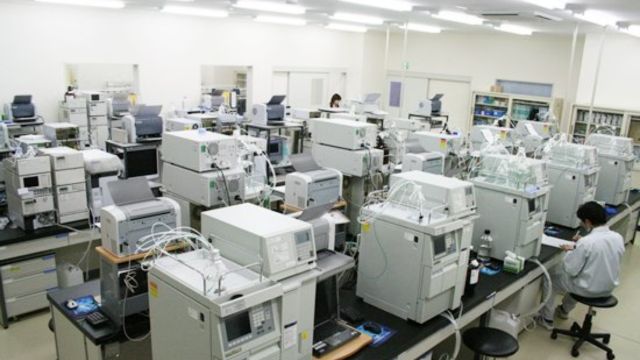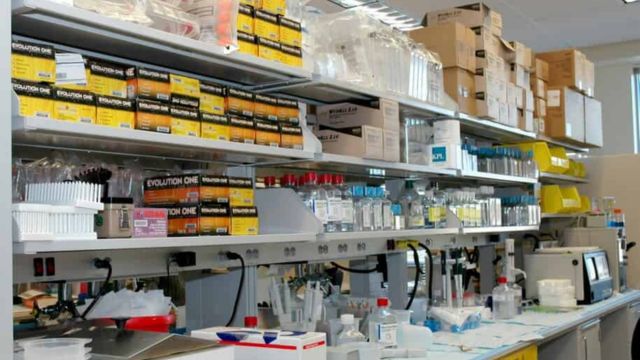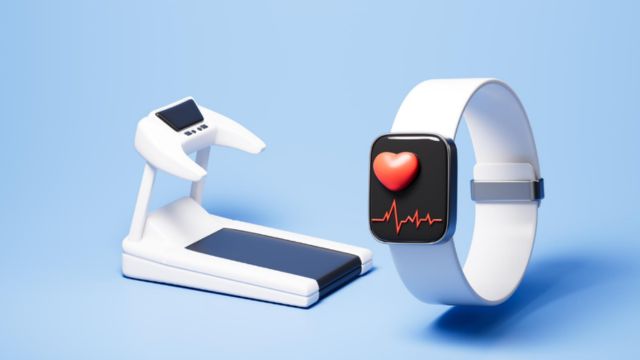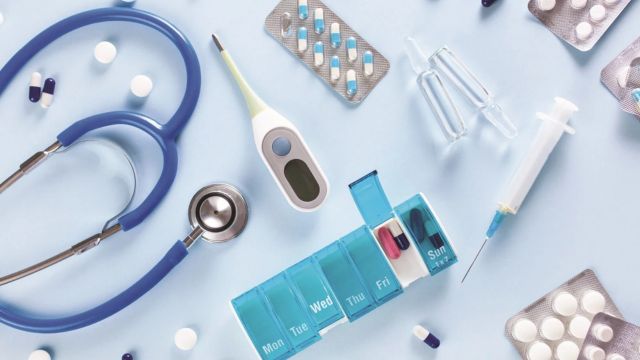Medical supply donations have long been a fundamental aspect of humanitarian aid, especially in times of crisis or for under-resourced healthcare systems. From field hospitals in war zones to remote villages in developing countries, medical supplies play a critical role in saving lives and improving healthcare outcomes. However, as charitable donations of medical goods have increased globally, concerns regarding their ethical implications have also surfaced.
This article delves into the pros, cons, and broader impact of medical supply donations, shedding light on how these donations shape healthcare systems, humanitarian efforts, and the broader community.
The Pros of Medical Supply Donations

- Saving Lives and Improving Health Outcomes
The most immediate benefit of medical supply donations is their ability to save lives. In areas with limited access to healthcare or during health emergencies such as natural disasters or pandemics, donated medical supplies (such as antibiotics, surgical instruments, personal protective equipment, and diagnostic tools) can make a significant difference in life-or-death situations. They help fill the gap where local infrastructure and resources fall short. - Strengthening Healthcare Systems in Resource-Limited Areas
In many low-income regions, healthcare systems are underfunded and under-resourced. Medical donations can provide essential supplies that support doctors and healthcare workers, enabling them to provide basic healthcare and treat preventable diseases. In some cases, these donations may serve as a stopgap measure until more sustainable solutions, like local manufacturing, can be implemented. - Humanitarian Aid During Emergencies
Medical supplies are often an essential component of disaster relief efforts. Whether it’s a natural disaster like an earthquake or a health crisis like the Ebola outbreak, donated medical goods are crucial for providing immediate care to affected populations. The quick distribution of medicines, vaccines, and medical devices can prevent the spread of diseases and mitigate suffering. - Promoting Global Health Equity
Medical supply donations play a role in advancing global health equity. By ensuring that those in underserved or vulnerable areas have access to vital medical supplies, these donations help reduce the disparities between affluent and low-income populations in terms of healthcare access. Through charitable efforts, donors contribute to the fight against preventable diseases, ensuring basic medical treatment reaches marginalized communities.
The Cons of Medical Supply Donations
- Dependency on Aid
One of the significant ethical concerns surrounding medical supply donations is the risk of creating dependency. Frequent reliance on donated supplies can discourage local governments and healthcare systems from building self-sustaining healthcare infrastructure. In the long run, this dependency can undermine efforts to create sustainable solutions, including investing in local manufacturing of medical supplies. - Inefficiency and Misallocation of Resources
Donated medical supplies may not always meet the specific needs of the population they are intended for. Sometimes, surplus or irrelevant items are donated due to lack of coordination between donors and recipients. This misallocation of resources can lead to waste, as donated items may expire or not be suitable for local medical practices. - Market Disruptions
Donated medical supplies can sometimes disrupt local markets. For instance, when large amounts of free medical goods flood into a region, local suppliers may struggle to compete. This can lead to a loss of business for local companies and, in the worst cases, may even hinder the development of a self-sufficient healthcare system. - Quality Control Issues
Another ethical concern is the quality of the donated medical supplies. If not carefully vetted, medical supplies may arrive with defects, be expired, or be of lower quality than needed. In critical situations, such as during a pandemic, low-quality or improperly stored supplies can be ineffective and may even cause harm.
The Broader Impact of Medical Supply Donations
- Short-Term Relief vs. Long-Term Solutions
While medical supply donations provide essential short-term relief, they cannot replace long-term solutions such as the development of local healthcare infrastructure, medical education, and the creation of robust supply chains. Donations should complement, not replace, efforts to strengthen health systems from the ground up. The focus must be on building sustainable healthcare systems that reduce dependency on external aid. - Ethical Responsibility of Donors
The ethics of donating medical supplies also fall on the shoulders of the donors. Governments, NGOs, and private donors must ensure that their donations are well-coordinated with local healthcare providers and are genuinely needed. Transparent communication between donors and recipients can prevent waste and ensure that the aid provided is both appropriate and effective. - Empowering Local Communities
A key aspect of ethical medical supply donations is the focus on empowering local communities. Donors should invest in building capacity in healthcare systems, not just delivering goods. This includes training healthcare professionals, supporting local healthcare innovations, and fostering partnerships that lead to long-term solutions. - Addressing Global Health Challenges
Medical supply donations can also raise awareness about broader health issues and challenges in global healthcare. By addressing the root causes of health crises, such as poverty, inadequate infrastructure, and political instability, donations can spark global conversations on how to build a more equitable and resilient healthcare system worldwide.
Conclusion
The ethics of medical supply donations are complex and multifaceted. While donations can have significant benefits, such as saving lives and improving access to healthcare, they also come with ethical challenges that must be addressed. By considering the long-term impact of donations, ensuring proper coordination with local healthcare systems, and focusing on sustainability, medical supply donations can be a powerful tool for global health improvement.
Healthcare organizations, governments, and donors must work together to ensure that donations contribute to meaningful, lasting change, without fostering dependency or inefficiencies.
At J&J Supplies, we understand the importance of providing reliable and quality medical supplies to meet global health challenges. Stay informed about the latest developments in medical supplies, clinical engineering, and healthcare technologies. Visit our website for expert insights, product updates, and resources to support healthcare professionals worldwide.
FAQ:
How can medical supply donations help improve global health?
Medical supply donations can provide critical support during emergencies, fill gaps in underserved regions, and help improve health outcomes by offering life-saving tools and resources.
What are the ethical concerns of donating medical supplies?
The primary concerns include creating dependency on aid, misallocation of resources, potential disruption of local markets, and quality control issues with donated goods.
How can donors ensure their medical supplies are useful and effective?
Donors should coordinate closely with local healthcare systems, ensure supplies meet local needs, and avoid over-saturation of certain products that could go to waste.
Can medical supply donations replace local healthcare systems?
While donations are critical in times of need, they cannot replace the importance of building sustainable healthcare infrastructure and empowering local communities to manage their health systems.







